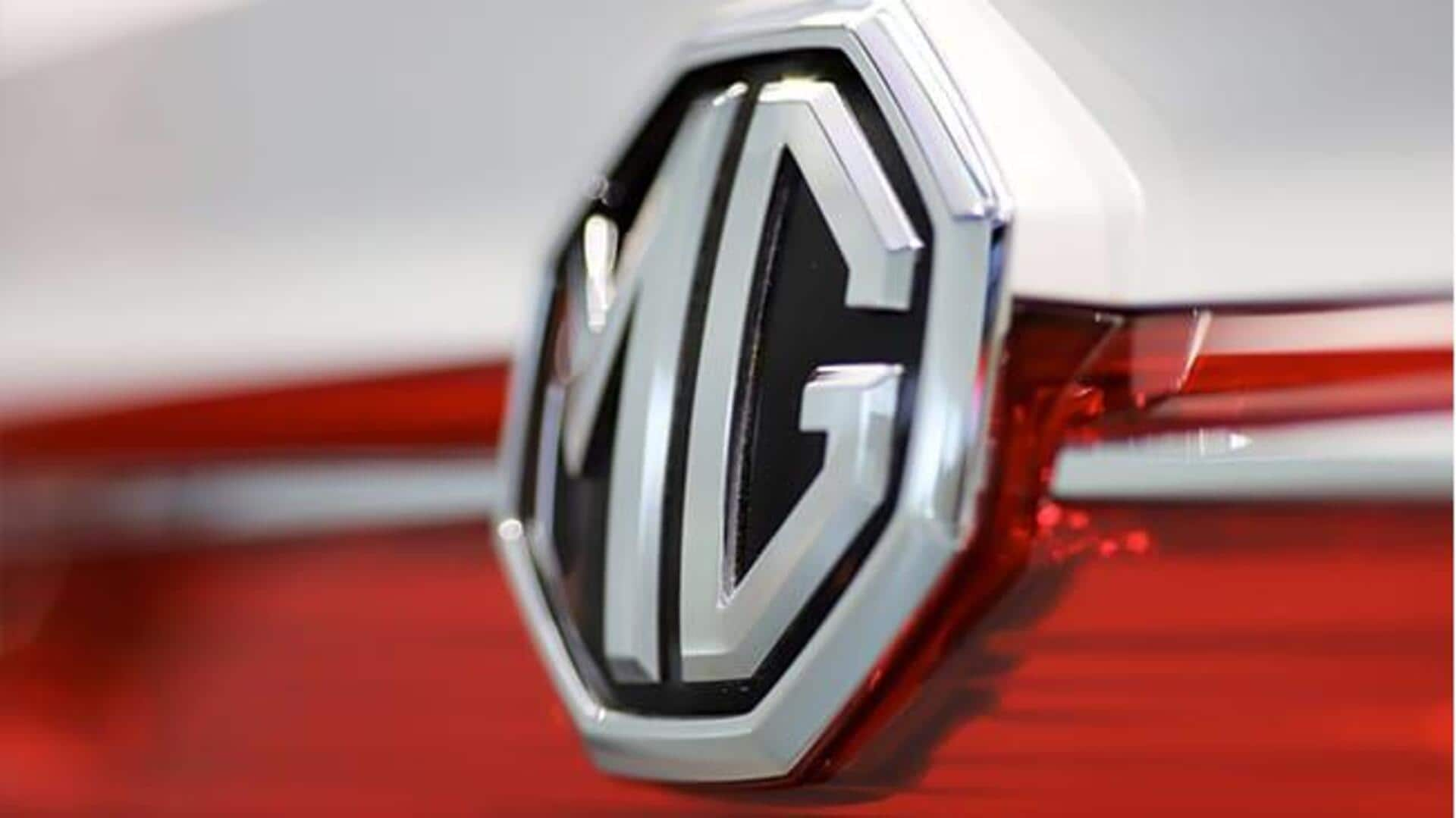
MG Motor plans to launch two new EVs in India
What's the story
After securing a recent investment from the JSW Group, British car manufacturer MG Motor is set to broaden its electric vehicle (EV) range in India.
The firm's strategy is to compete with Tata Motors by focusing on products for the mass market.
MG's lineup will soon include two new EVs built on the E260 EV platform: a five-door SUV and a compact MPV. Both are expected to be priced below Rs. 15 lakh.
MPV model
Wuling Cloud EV forms basis for new MG MPV
MG's forthcoming electric MPV, anticipated to hit the market by late 2024 or early 2025 at the latest, will take inspiration from the Wuling Cloud EV currently available in Indonesia.
The vehicle measures approximately 4,300mm in length and has a wheelbase of 2,700mm.
The three-row EV aims to appeal to family buyers and fleet operators who can take advantage of India's FAME scheme.
Jimny rival?
Rugged SUV to join MG's EV lineup after MPV launch
Once the new MPV has been launched, MG plans to introduce another brand-new EV within three to six months.
This robust five-door SUV will bear similarities to Maruti Jimny and is expected to draw inspiration from the Baojun Yep Plus SUV.
At present, MG Motor holds about 1% of India's competitive market share, selling around 5,000 units per month.
Insights
Future plans for MG Motor's EVs in India
MG Motor anticipates that nearly half of its total sales will come from EVs in future years.
The company has revealed plans to assemble batteries locally at its Halol factory and is considering acquiring additional land near Vadodara to double its production capacity to over 300,000 units annually.
MG's CEO and MD, Rajeev Chaba, outlined the company's long-term strategy for India, which includes increasing production from 70,000 units per year to 120,000 units by 2025.
Bonds
Strategic alliance between MG Motor and JSW Group
In November 2023, Shanghai Automotive Industry Corporation (SAIC), the parent company of MG Motor India, formed a strategic alliance with JSW.
The partnership aims to create synergies by pooling resources in automobiles and new technology.
This includes improving local sourcing, enhancing charging infrastructure, expanding production capacity and introducing a wider range of eco-friendly vehicles.
As per the agreement terms, JSW will own a 35% stake in the Indian JV operations while SAIC will continue to supply advanced technology and products.